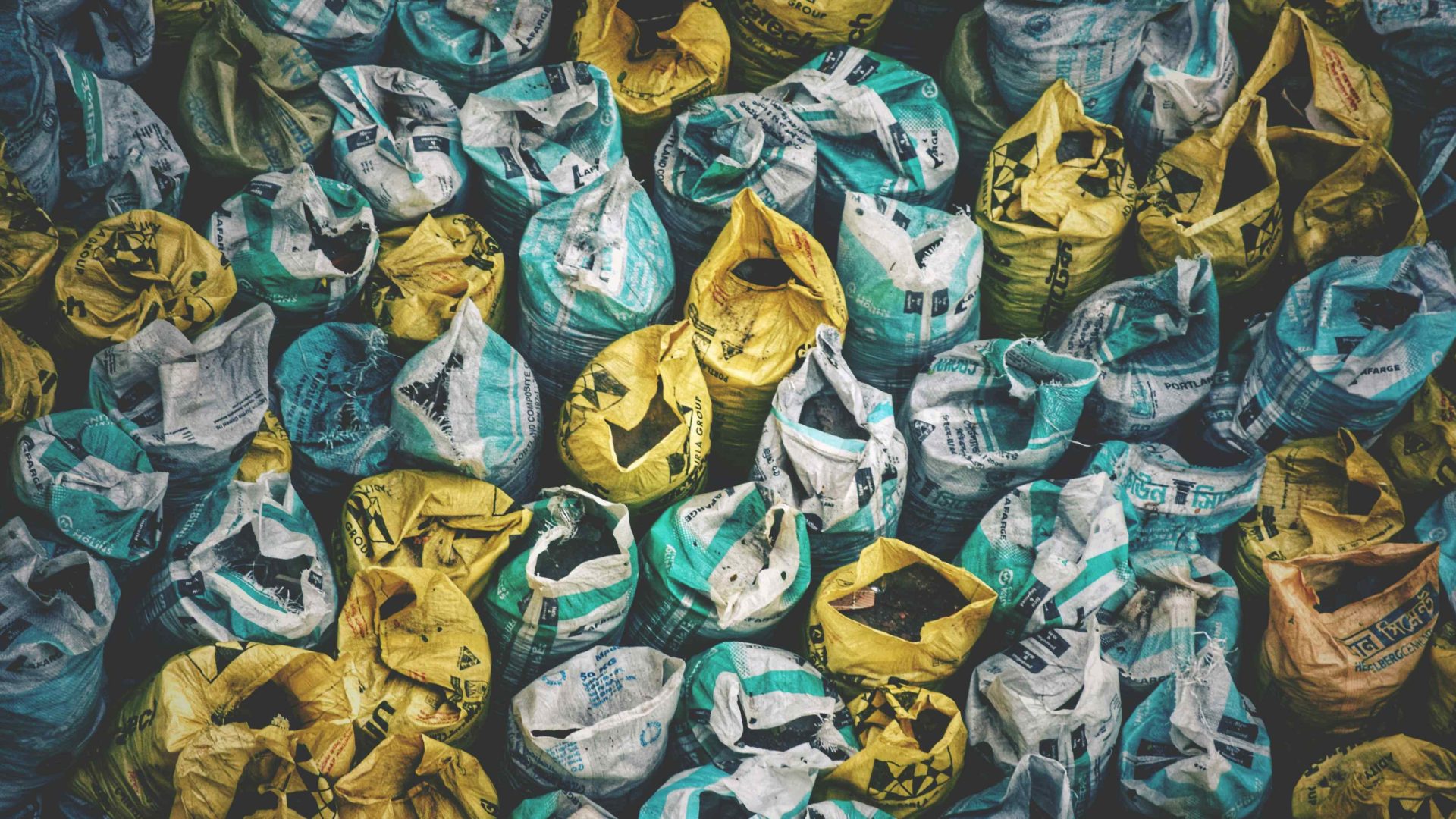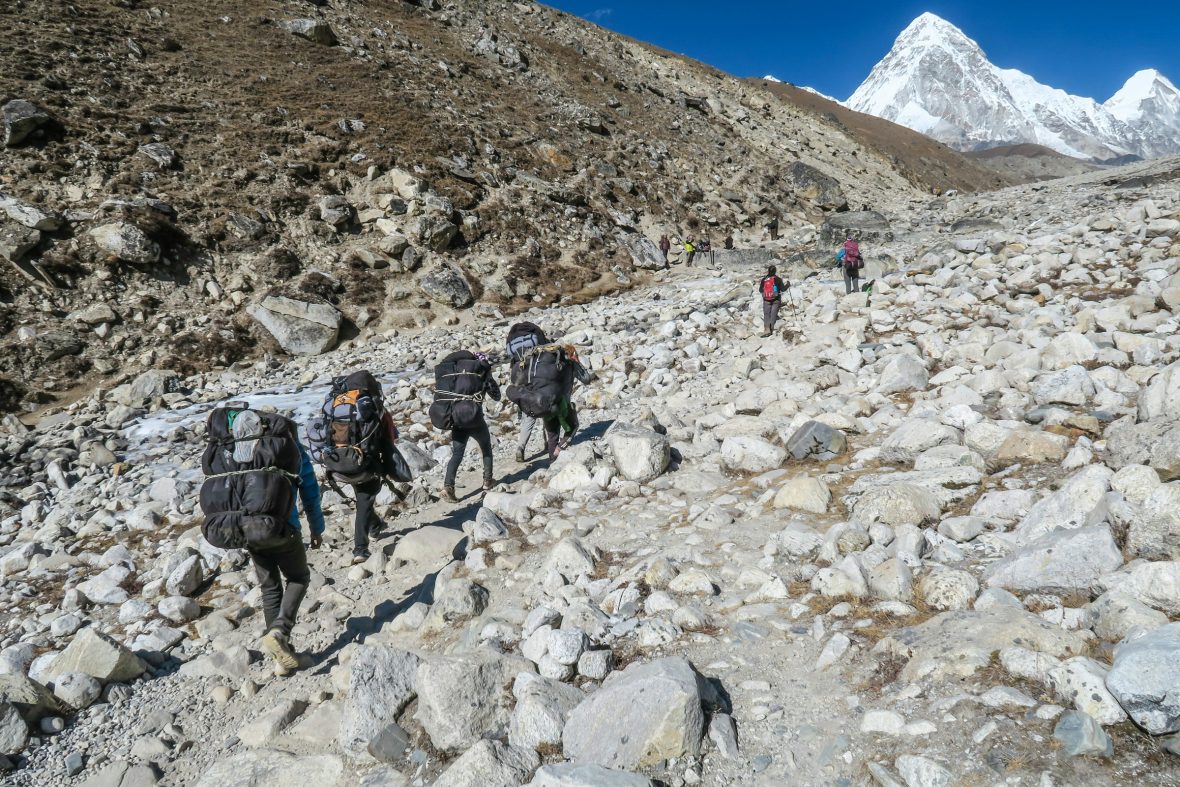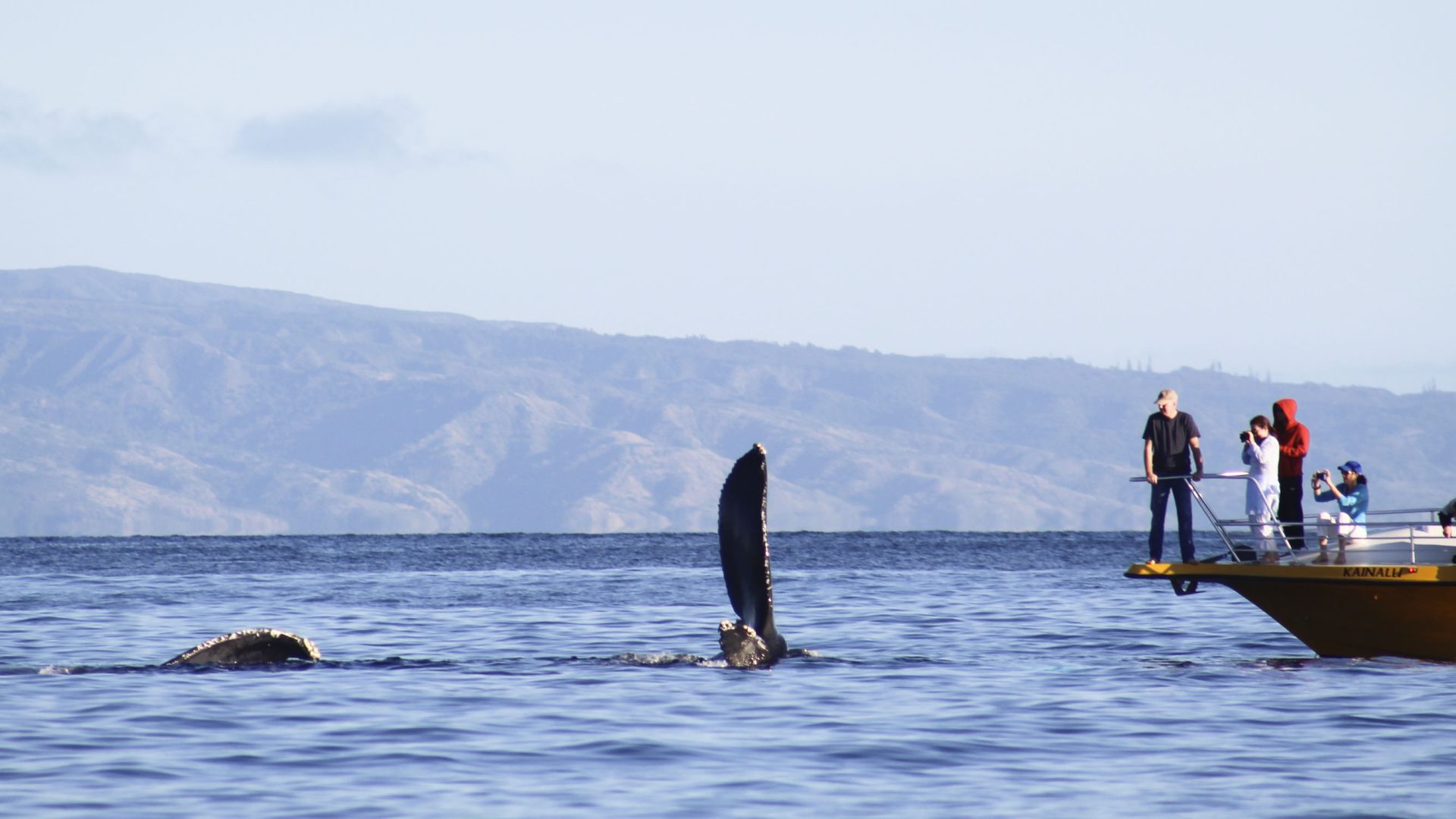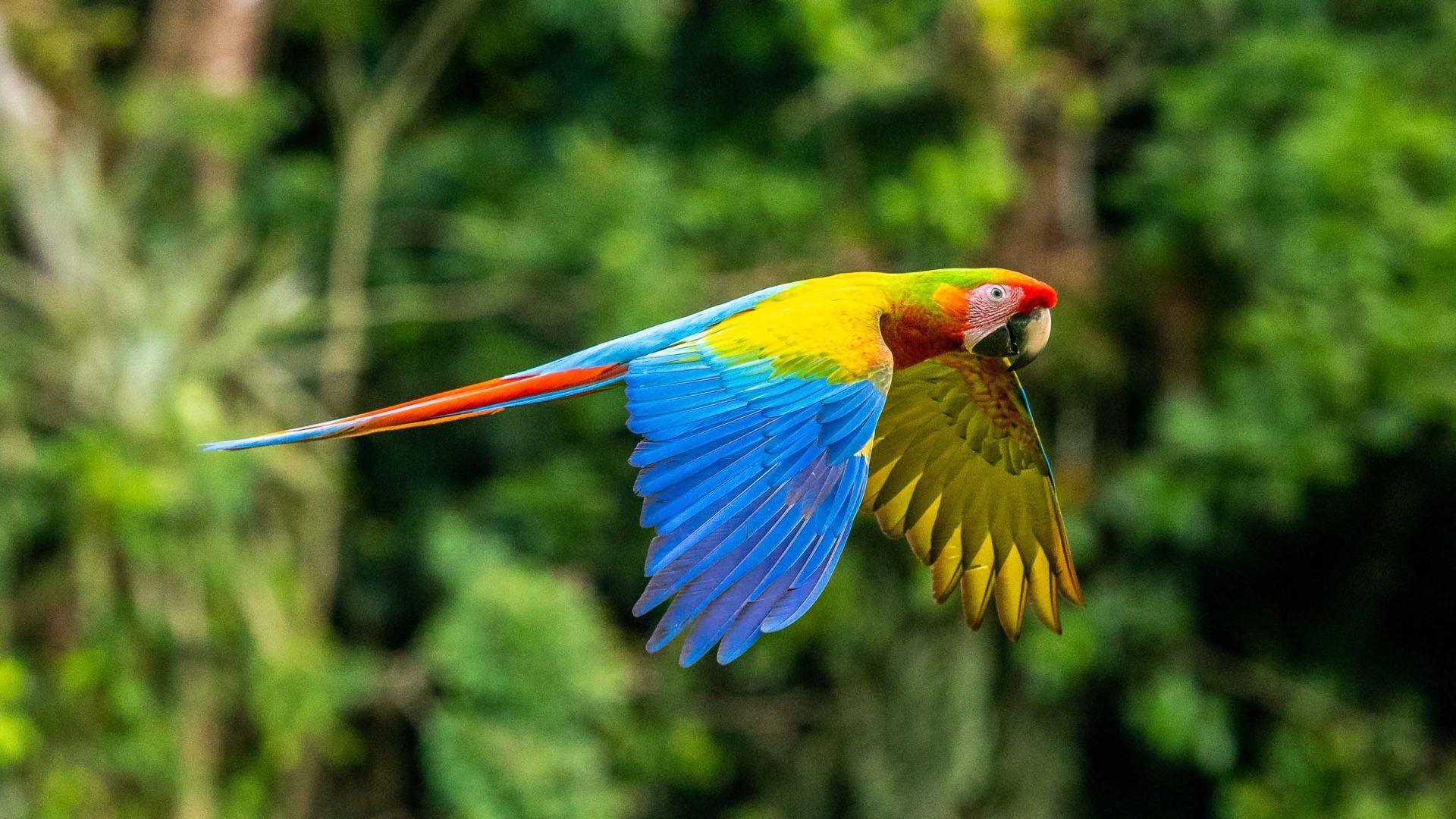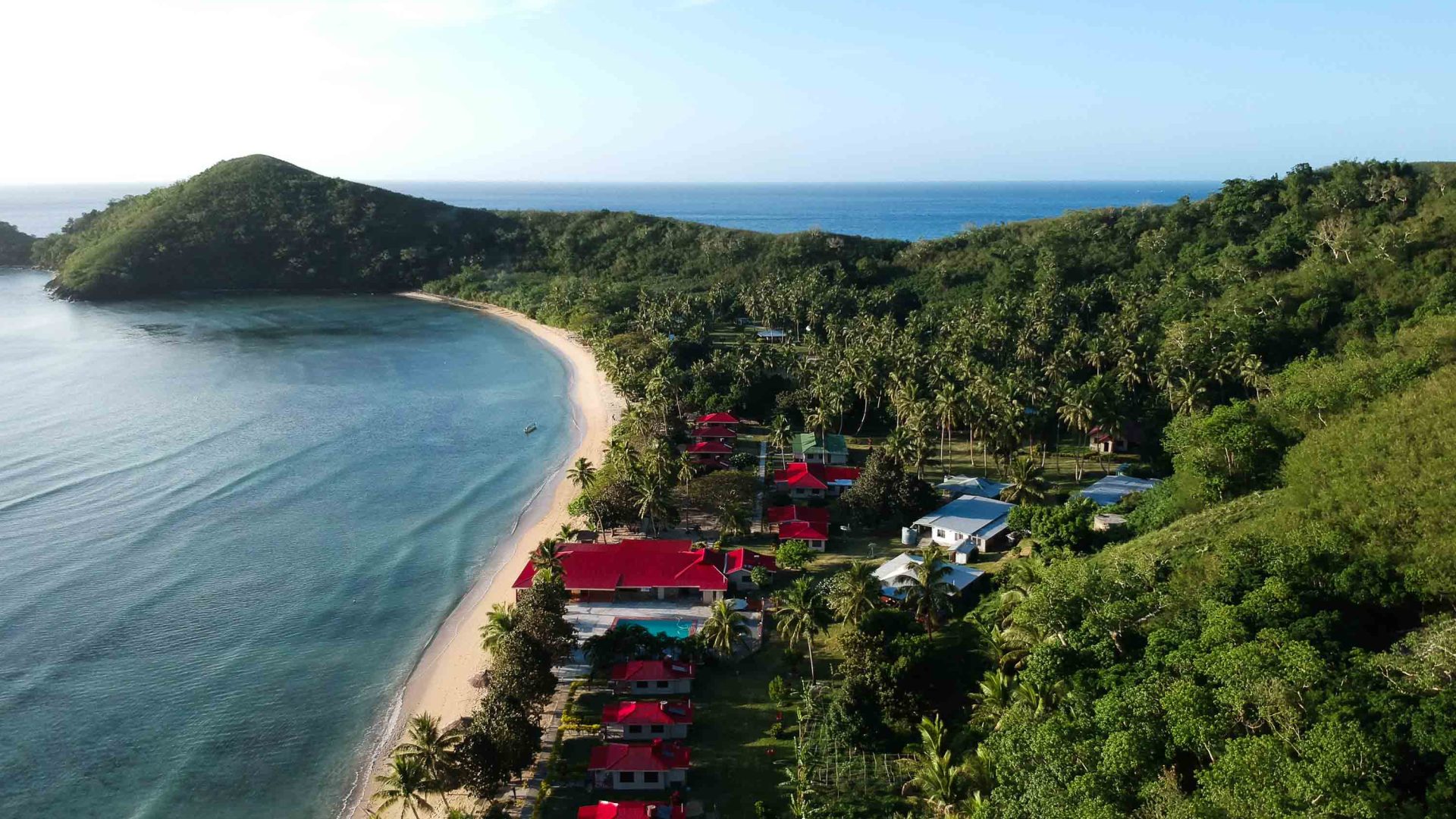At the local government’s request, the University of Colorado Boulder developed a sustainable solid waste management plan in 2019 for the national park and buffer zone. The COVID-19 pandemic delayed implementation of the plan, which proposes creating a five-step process: waste segregation, collection, sorting and shredding, transfer to shipment stations and transportation to recycling facilities in Kathmandu.
Another nonprofit initiative, the NeverRest Project, was created during the pandemic to provide environmental solutions for Mount Everest and other fragile ecosystems around the world. NeverRest is working with the Nepal Tourism Board to revolutionize high-altitude waste management using modern technology.
In 2023, the organization presented a concept plan for a sustainable Everest base camp that would install technologies such as portable solar tents to reduce use of fossil fuel; unisex portable urinals with multi-use filters that convert urine into water; incinerator toilets that transform human waste into ash; and modular geodesic dome tents designed for effective heat retention to reduce energy use.
In the 71 years since Sir Edmund Hillary and Sherpa Tenzing Norgay made the first known successful ascent of Mount Everest, this peak has been a setting for daring expeditions, triumphs and tragedies. We hope that the region’s garbage problem soon will fade into history as new approaches and technologies provide solutions for Everest and other remote high-mountain locations around the world.![]()
